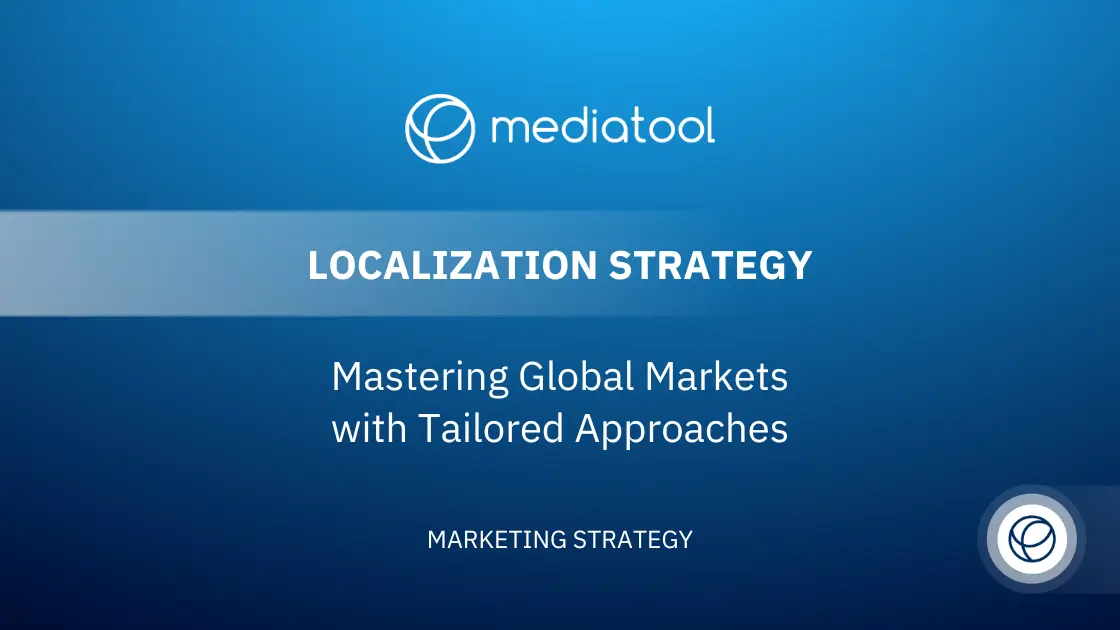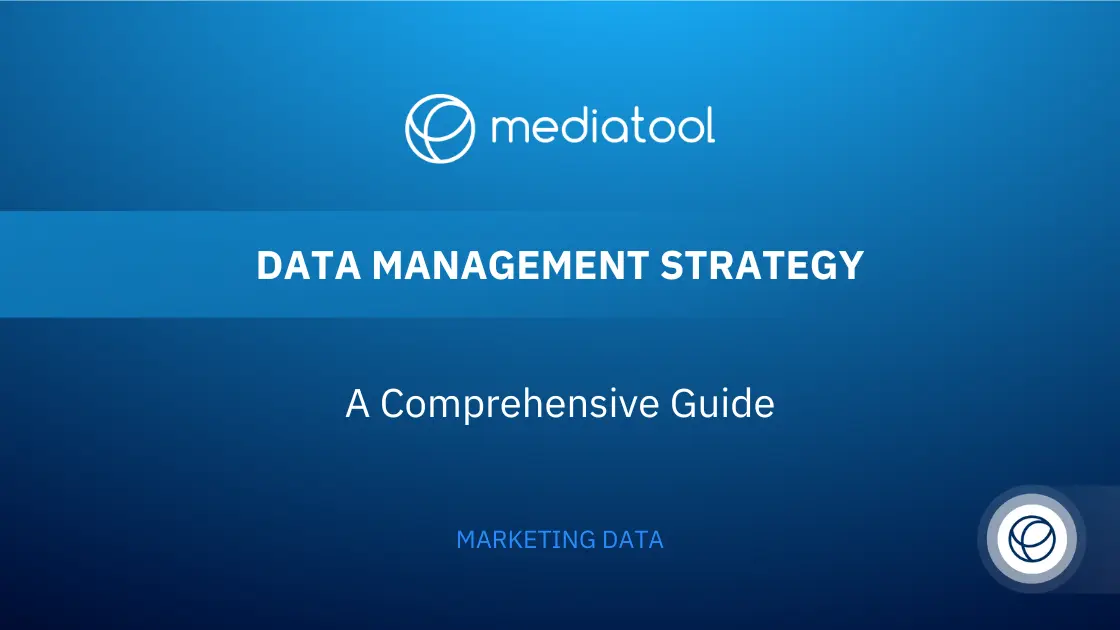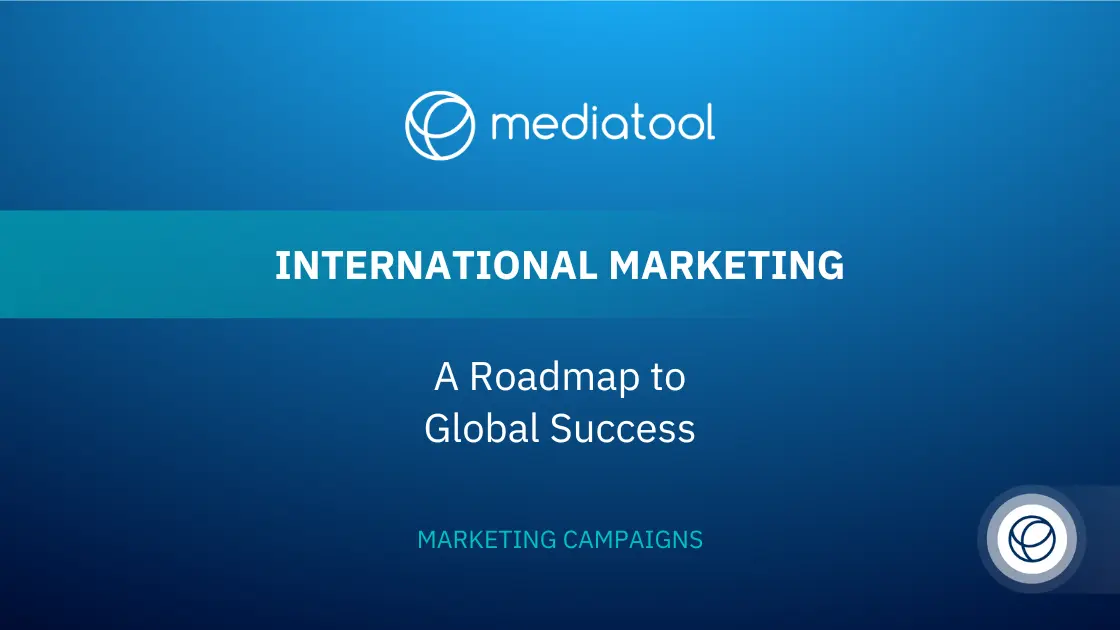How to Develop Marketing Leadership Skills for a Modern Organization
In his book “The 7 Habits of Highly Effective People,” American business personality and educator Stephen Covey says mature leaders aren’t independent.
They’re interdependent.
The trouble is, marketing as an industry doesn’t lend itself to interdependence. Whether we’re fighting other departments for budget or competing with other agencies for awards, marketers are taught that standing out is the key to success.
Influential marketing leaders unlearn this habit. They don’t see their team as resources to be maximized. Instead, they understand that success (and failure) depends on managing their team with maturity and creating value for the customer.
Marketing leadership in a modern company means:
- Equipping teams with the right tools
- Balancing autonomy with direction
- Filtering stakeholder requests
- Focusing on quality, not quantity
- Listening, learning, and leaving on time
Overworked Marketing Managers aren’t effective. Stress isn’t a sign of success. The narrative that marketing is high-pressure and high-performance was outdated even before the Great Resignation.
Here are the 5 habits of highly effective marketing leaders that will generate better results in 2023.
1. Detoxify Your Team
In a survey of 15,000 workers and 1,000 decision-makers in 15 countries, McKinsey found the number one factor contributing to burnout was – drumroll please – toxic behavior.
Toxic behavior overwhelmingly damages an employee’s enthusiasm more than all other factors combined. Employees experiencing toxic behavior are 7.6 times more likely to experience burnout, and 6.3 times more likely to leave within 3-6 months.
Toxic behavior looks like:
- Non-inclusive actions
- Cut-throat competition
- Sabotaging co-workers
- Demeaning and belittling
- Unethical practices
As a Marketing Manager, you must be highly attuned to the signs of toxic behavior. McKinsey’s report notes that it’s not enough to offer resilience training. Managers need to foster a supportive, inclusive, and healthy workplace.
Strategies to develop a detoxifying habit
- Create avenues for anonymous feedback
- Make mental health a strategic priority
- Don’t reward overwork
- Hire and develop diverse talent
- Become a calm, compassionate role model
- Work with toxic employees to change behavior
2. Mature Your Mindset
A common mistake among managers in every industry is thinking the team’s role is to support the manager.
It’s not.
The manager’s role is to support the team.
Just like a sports team’s manager organizes ‘}uniforms and equipment, and a musician’s manager looks after AV and the backstage rider, a Marketing Manager needs to equip their team for success.
Delegating is a challenge for high-performing people, but interdependence is an essential skill for Marketing Managers who want to last in the role. After all, you’re only one person with a lot of responsibilities.
Strategies to become a more supportive leader
- Equip your team with the right tools
- Ask what they need, don’t simply instruct
- Encourage idea generation from every level
- Create internal processes that play to your team’s strengths
- Communicate the business’ global goals clearly and often
- Proactively provide growth opportunities
- Reward team players
- Provide autonomy, but…
- …set time aside for regular 1:1 check-ins
Marketing technology like Mediatool plays a leading role in supporting high-performing teams.
Learn more in our blog: 5 Ways Technology Can Streamline Your Agency’s Workflow.
3. Stick to the Strategy
Marketing leadership is under increasing pressure to prove ROI. According to HubSpot, more than one in five Marketers (28%) saw measuring and reporting on ROI as their top challenge last year.
But here’s the kicker: demonstrating value and getting more budget go hand-in-hand. The predicament is the same whether you work in-house or for an agency.
It’s impossible to overstate the importance of marketing leadership in solving this quandary. Proving ROI shouldn’t mean lumping extra work on your team to find data for retrospective reporting.
Instead, it means taking a proactive approach to ensure marketing strategy is an extension of business strategy, and aligning campaign reporting to the firm’s global goals.
Strategies to streamline ROI and reporting
- Align Marketing and Sales strategies and unite behind business goals
- Centralize marketing results in a holistic campaign management dashboard
- Ensure campaign KPIs link to business goals
- Filter out irrelevant data
- Avoid vanity metrics
- Position Marketing as a revenue generator, not a cost center
- Speak the same language as senior leadership in reports
- Connect marketing results to customer value
Related: How to Present Marketing Value to Senior Leadership.
4. Use Data to Drive Growth
High-quality data is the lifeblood of any effective campaign.
You might be a few steps removed from day-to-day data like CTR and impression figures., but you should still know your numbers.
At the Marketing Manager and CMO level, the required skill set matures from boots-on-the-ground analytics to big-picture insight. In other words, focus on:
- Macro trends in your industry
- Creating value using data-driven insight
- Using technology to streamline workflows
- Identifying growth opportunities both internally and externally
Gartner’s research shows technology accounts for 26% of the Marketing budget, yet teams only utilize 58% of their martech stack’s potential.
Using data to inform business decisions is a relatively new skill for Marketing Managers, but it will be invaluable in the coming years (if it’s not already).
Strategies to harness the power of data
- Use martech to plan, measure, analyze and optimize campaigns
- Blend hard data with human insight
- Understand the role of technology and data in creating customer value
- Hire data specialists
- Develop analytics skills in your team
- Focus on quality, not quantity
- Connect high-level business goals to granular campaign measurements
- Use data to tell a compelling story
5. Never Stop Learning
Marketing moves fast. If you want to lead by example, you need to keep up with industry innovations.
From the perspective of Marketing leadership, this doesn’t necessarily mean being across every feature update on every advertising platform. Instead, it means developing an innovation pipeline that ensures you – and your team – are constantly seeking positive challenges.
In your organization, that might look like:
- Sharing knowledge with other departments
- Scheduling time for personal development
- Assigning budget for learning programs and certificate courses
- Attending conferences and webinars
Innovation isn’t a bolt of lightning. It’s a continuous improvement system driven by high-quality data and a desire to do better. The secret ingredient is creating a supportive environment that encourages outside-the-box thinking.
Strategies to make Marketing (and yourself) more innovative
- Collaborate with other stakeholder groups
- Test and optimize campaign strategy
- Set aside time for your own development
- Incentivize team members to pursue their interests
- Subscribe to industry news or join peer networking events
- Use your downtime to decompress
Where do Marketing Leaders Turn to Build their Skills?
There are countless resources out there for Marketing Managers and CMOs who want to become better leaders, including our own blogs and eBooks.
Now, we might be biased, but we believe Mediatool has some valuable insights that can help you develop Marketing leadership skills.
It’s part of our mission to demystify Marketing. Whether through our end-to-end campaign management platform or resources like blogs and eBooks tailored to Marketing leaders, we’re here for high-performing agencies and brands with global ambitions.




